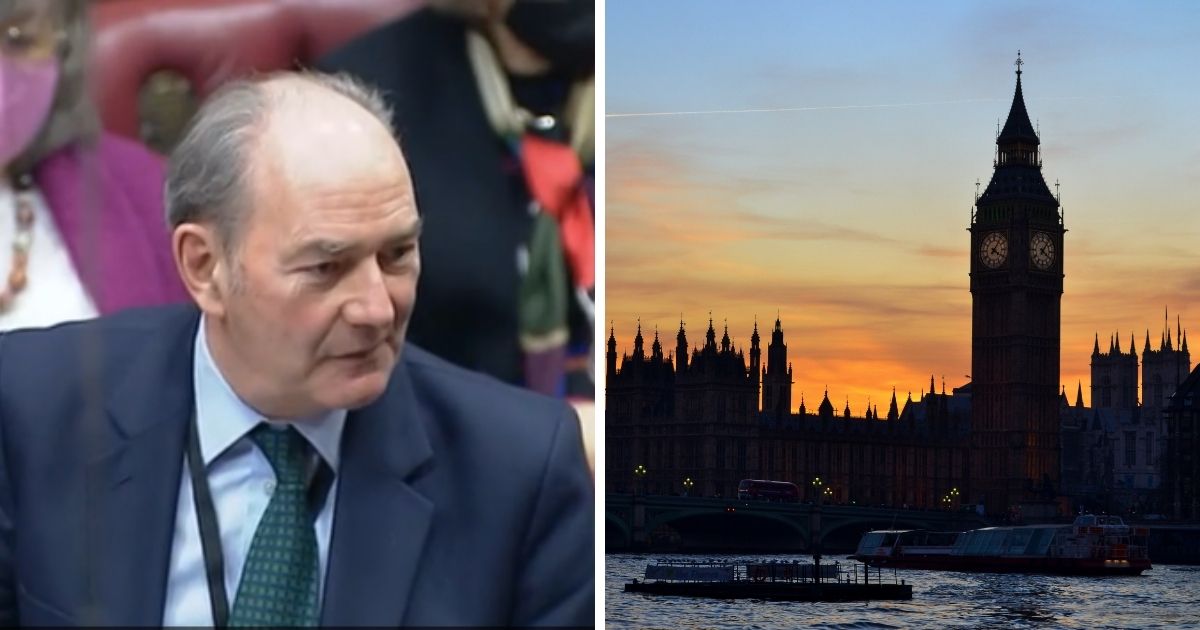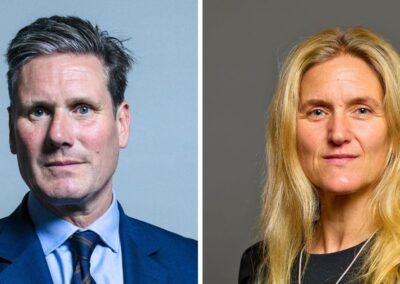An attempt in the House of Lords to force the Government to introduce legislation on assisted suicide within a year of the Health and Care Bill becoming law has been defeated by 179 votes to 145.
Lord Forsyth’s amendment to the Health and Care Bill was defeated yesterday in an unexpected upset to supporters of assisted suicide. Peers from across the House of Lords objected to the Bill on both constitutional and substantive grounds.
Among those who spoke against the Bill was Baroness Finlay of Llandaff who argued that the amendment “would set a precedent enabling any Back-Bencher from any pressure group to disrupt a Government’s agenda”.
“It creates a constitutional headache for any future Government’s ability to govern”, she added.
Other Peers argued against the amendment on procedural grounds, rather than on the substance of assisted suicide.. Baroness Fox of Buckley said: “I also feel queasy that there is a kind of subverting of the parliamentary process by an amendment on assisted dying or assisted suicide being put down on the Health and Care Bill. It is totally inappropriate. It is hijacking a Bill”.
Speaking on behalf of the Government, Lord Howe, the Deputy Leader of the House of Lords, objected to the amendment on the grounds that it was not the proper process for bringing forward legislation. He said that the Government had “no intention of legislating on assisted [suicide]; it is not part of our programme, nor was it part of our election manifesto”.
“As the late Lord Simon of Glaisdale might once have said, this amendment is constitutionally offensive and it should be rejected on those grounds”.
Assisted suicide is a threat to disabled and vulnerable people
In addition to those Peers who objection to the assisted suicide for procedural reasons, others made powerful arguments about the threat that assisted suicide poses to disabled and vulnerable people in particular.
Baroness Masham of Ilton argued that vulnerable people “could be pressured into assisted [suicide] because they feel that they are a nuisance and because they need looking after”.
Baroness Campbell of Surbiton spoke of assisted suicide being a “complex and highly contentious ethical issue”, saying: “[o]pening the door to what is effectively assisted suicide would be a monumental change in the criminal law with potentially lethal consequences. If we get it wrong, it will result in some vulnerable people needlessly taking their own life”.
Similarly, Baroness Grey-Thompson shared her concerns saying, “[t]his amendment and what it seeks to do will fundamentally change the political and societal landscape for disabled people”.
Lord Shinkwin also spoke passionately to the House, cautioning them to not “underestimate the magnitude of what [was] at stake in this amendment”. He continued, “[t]his is not the start of some cosy conversation about a harmless, anodyne measure. The end goal is assisted suicide and the means is a Bill proposed in this amendment. If this amendment were passed tonight, I firmly believe that in years to come, we would look back and say that today—16 March 2022 —was a pivotal moment”.
Closing his speech, Shinkwin said: “[w]e are summoned by our sovereign to this place, whether physically in person or remotely, precisely because it is our obligation and responsibility—indeed, our solemn duty—to fast-forward to the worst-case scenario and to pre-empt and prevent that worst-case scenario in law. I fear that the effect of the amendment would be the opposite”.
Baroness Finlay, who was recently successful in her efforts to ensure that palliative care is a legal right under the NHS, pointed out that “[w]here assisted dying is legal, palliative care has dwindled, legislation has widened, the safeguards have been seen to fail, and non-assisted violent suicide rates rise disproportionately”.
The defeated amendment, introduced by Lord Forsyth, had been criticised previously on the grounds that it was an attempt to hijack a Bill intended for a completely different purpose.
Right To Life UK spokesperson, Catherine Robinson, said: “The defeat of this Bill is excellent news for those who recognise the danger assisted suicide poses to people who are disabled and vulnerable. Critics were absolutely right to point out that it was an attempt to hijack an entirely unrelated Bill, and force the Government to debate an issue which had never been part of their manifesto”.
“As Lord Howarth argued in the debate, ‘legislation to permit assisted suicide would create more suffering than it would alleviate’”.












